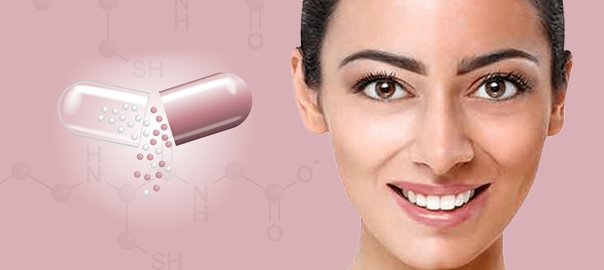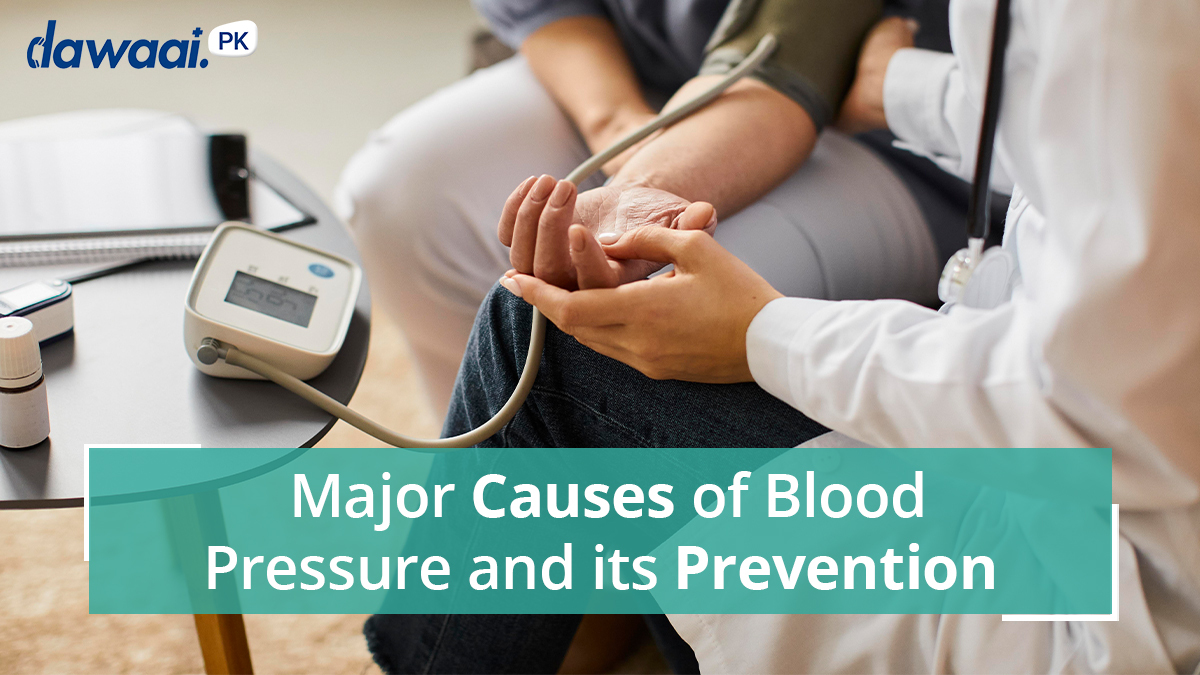Medically reviewed by Dr. Riaz Ali Shah.
Before we get into it, let’s begin with a brief overview of this peculiar Antioxidant. Glutathione just so happens to be a substance made from three amino acids: cysteine, glutamate and glycine. It is naturally found in cells and combats free radicals which are known to cause harm to your body. Hence, it boosts the body’s immune system and detoxifies the body which has conclusively given it a lot of attention due to its purported health benefits.
In addition to being produced naturally in the body, it can also be given in the form of an inhalant, intravenously, or even topically, and is particularly found in a variety of anti-aging and skin whitening products.
Now that you’re familiar with this powerful anti-oxidant, let’s take a look into its various benefits.
Skin
A number of personal-care products containing glutathione are marketed for their supposed skin-whitening effects. These products include soaps and creams. Not just that, according several scientific researches, glutathione has powerful anti-aging properties. As its natural production goes down in the body with age, glutathione injections and creams are popular amongst older men and women for reducing wrinkles.
Preventing cancer progression
Some research shows that glutathione has a role in preventing the progression of cancer. However, the same research indicates that glutathione may make tumors less sensitive to chemotherapy, which is a common cancer treatment. Determining the effects of glutathione on cancer will require more research.
Reducing cell damage in liver disease
Hepatitis, alcohol abuse, and fatty liver disease all damage the cells of the liver. A small 2017 clinical trial concludes that glutathione could help treat non-alcoholic fatty liver disease due to its antioxidant properties and potential to detoxify. The researchers note that larger studies are needed to confirm this effect.
Improving insulin sensitivity
Insulin resistance can result in the development of type 2 diabetes. The production of insulin causes the body to move glucose (sugar) from the blood and into cells that use it for energy. A small 2018 study indicates that people with insulin resistance tend to have lower glutathione levels, particularly if they have experienced complications, such as neuropathy or retinopathy. A 2013 study reaches similar conclusions.
Reducing symptoms of Parkinson’s disease
According to a research, there is evidence that maintaining glutathione levels may help with the symptoms of Parkinson’s disease. The findings appear to support injected glutathione as a potential therapy, but there is little evidence about oral supplementation. Further research is necessary to support its use.
Treating autism spectrum disorders
There is some evidence that children with autism have lower levels of glutathione than neuro-typical children, or those without autism.
In 2011, researchers found that oral glutathione supplements or injections might reduce some effects of autism.
Takeaway
Glutathione is a very strong antioxidant that the body makes and uses every day. Researchers have associated low levels with several medical conditions.
While supplements may be appropriate for some people, they may not be safe for everyone, and they could interact with other medications a person is taking.
Speak with a doctor before starting glutathione supplementation to determine whether it will be safe or effective.
Guest Credits: Dr Shayan Imran






